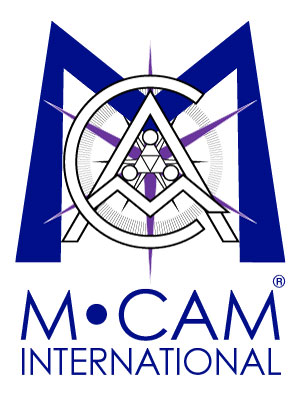M·CAM Leads Call for Climate Change Innovation Equity
Date: Tue, 2008-05-06
M·CAM Leads Call for Climate Change Innovation Equity
Brussels, Belgium — May 6, 2008 — Today, M·CAM has unveiled a message that calls for an ethical innovation commons to be developed for technology that plays an integral role in humanity’s quest to solve the seemingly intractable challenges of climate change. In direct response to the European Union Presidency and the European Patent Office call for IP to play a central role in solving humanity’s pressing challenges, M·CAM has taken the leadership in calling for new paradigms that are built on integrated views at innovation that has been ignored or overlooked by incumbent interests and using these as the seeds for collaborative creativity in prospective efforts. For more information, please see the ad in the Financial Times(link below) or contact info@pubpat.org or info@m-cam.com.
Innovation Monopolies are Starving Our Planet
Text
Should production of clean water, cereal grains, renewable energy, and clean air belong to the whole world or only to a few? Do patents actually create an incentive to solve the challenges facing humanity, or are they being used to perpetuate the power of incumbents to restrict the availability of creative alternatives? “Inventing a cleaner future: Climate change and the opportunities for IP” is the topic at today’s European Patent Forum 2008 in Ljubljana, Slovenia. While patent purveyors continue to portray IP as an economic stimulus, their own economic incentive to issue patents – most of which are merely defensive – has compromised the integrity of the system. Aligning ethical capital to borderless innovation networks will rescue the orphan knowledge contained in abandoned patents, together with those in the public domain, and will serve as the stimulus humanity needs to address our greatest challenges.
Lack of IP transparency has cost critical global healthcare delivery – including HIV-AIDS and cancer patients – access to medicine; cost the investment markets billions of euros; cost SMEs access to money, markets, and competitive advantage; creates up to 65% waste in government procurement; and, precludes emerging markets from equitable international trade. Why add climate to this list of casualties?
What if…
We can accurately assess adoption and obsolescence risk? We can link innovators to the problems they actually solved? We can create “Freedom to Operate & Innovate” that’s really free? We can efficiently align ethical finance to the world’s best innovations? We can provide capital from Grassroots to Global? What if one delegate has the courage to think in a new way?


Sorry, the comment form is closed at this time.